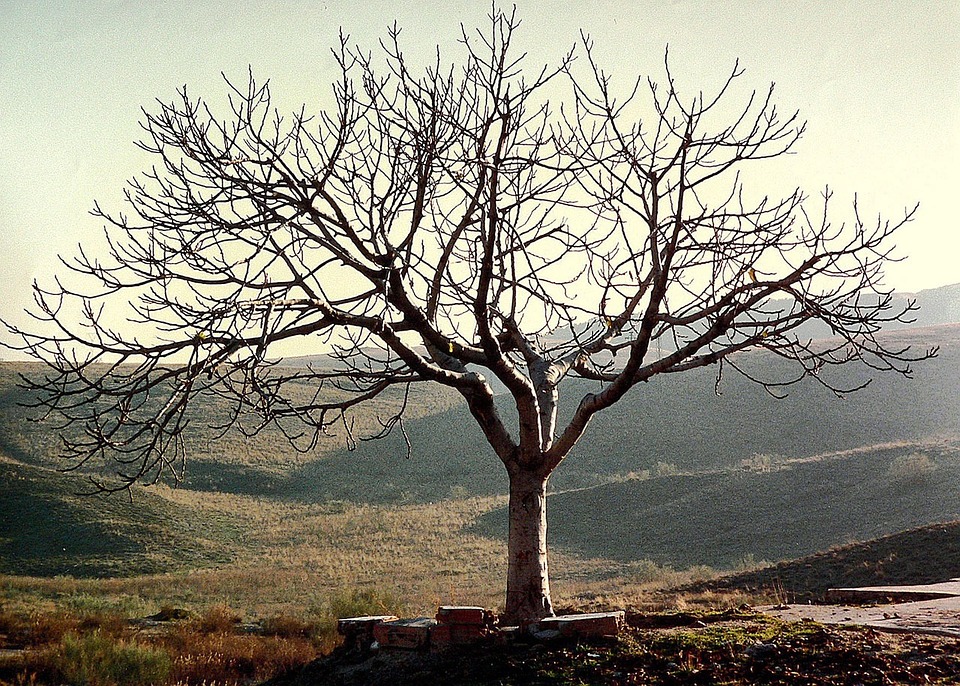Sin is exhausting. Just like the barren tree was exhausting the soil. Anyone who has struggled with sin, or a pattern of sin, in his or her life can tell you that. Those who have been dragged down by any kind of addiction or who have tried to work on a character flaw or striven to expel any kind of vice from their lives often relate how exhausting the sin can be. Sin saps our spiritual energy, weakens our resolve to do good, and causes us to turn away in shame from family, friends, and all those whose spiritual companionship we need in order to grow as Christian men and women and flourish in the world. That goes all the way back to Adam and Eve, who suddenly became aware of and ashamed of their nakedness in the Garden of Eden, and to Saint Paul who prayed over and over to get rid of his “thorn in the flesh. ” So when we are exhausted by sin, we should not be surprised. That’s just the way sin works.
But we don’t have to be content with that either. Our God continues to cultivate our soil and fertilize our lives with the Sacraments. And, as Saint Paul tells us in the first reading today from his letter to the Romans, sin doesn’t get the last word. Those who did not know Christ had to live according to the law, with all of its precepts and principles and technicalities. But the law doesn’t sanctify a person, it only makes them more aware of their guilt and unworthiness. That’s why God sent his only Son into our world. It is only through our relationship with Jesus Christ that we can ever be cleansed, only through his sacrifice on the Cross, that we can ever be reunited with our God.
As the Psalmist says today, we are the people who long to see God’s face. Because nothing else will heal us. Even if our sin makes us want to turn away and hide, we cannot hide from our God – indeed we dare not hide from our God if we ever want to be unburdened of the exhausting weight of our sinfulness. At this Eucharist, we celebrate our Lord who cares enough about us to bring us back unstained to the banquet of the Kingdom. We open ourselves to his mercy, revealing our brokenness, our sinfulness, our shame and our unworthiness. He opens himself to us in love, binding up that brokenness, erasing the sinfulness, healing our shame and lifting up whatever in us is unworthy. Jesus Christ is our salvation and our redemption. Our sins do not define who we are before our God, and we who receive him in the Eucharist today do not ever have to settle for being exhausted by our sins.
